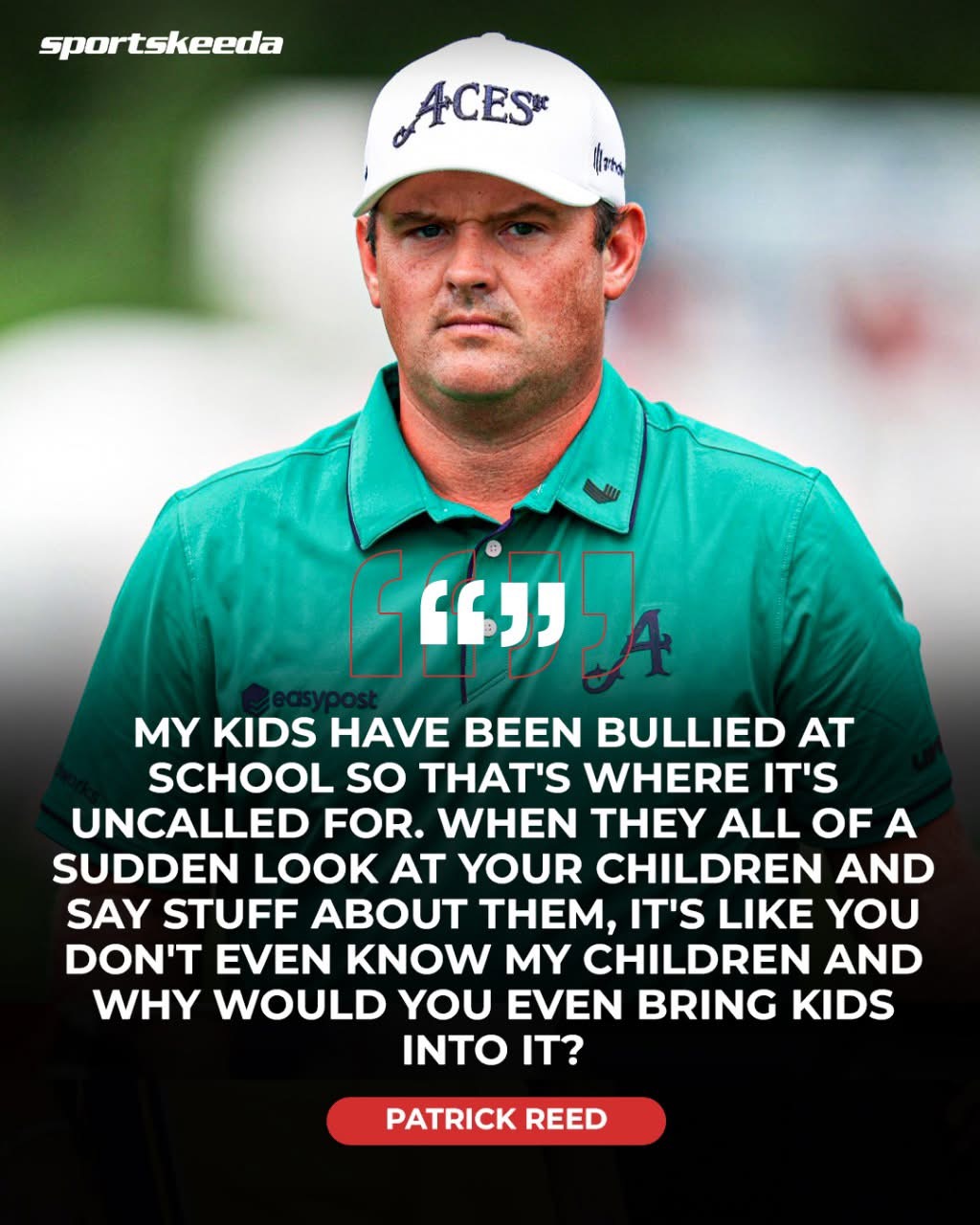Following a narrow 15-13 defeat by Team Europe at 2025 Ryder Cup held at Bethpage Black, Billy Horschel — the eight-time winner on the PGA Tour — has publicly urged a fundamental change in how the U.S. team is managed. While the hosts on Long Island came up just short, Horschel insists the fault lines go deeper than a missed putt or forgotten pairing; he argues that the organisational structure behind Team USA has been lagging behind its European rivals and that the remedy lies in handing the reins to the PGA Tour.
Horschel, who missed the event through injury, told Golf Channel and other media that he has spoken with “some people, some other players, players that are bigger names and have been part of Ryder Cups” about what went wrong. His clear message: the European side enjoys a continuity and cohesion that the Americans lack. “Over the last five or six years being on the European Tour, understanding that the European Tour runs their Ryder Cup, so they see these people, they know the back-room staff, they can have conversations when they’re over there playing about the Ryder Cup,” Horschel said. “Even if it’s a couple of years in advance, about hotels or anything that comes across their mind about how to make things better. They have that ability to talk to these people that they have a relationship with on a regular basis. In my opinion, we don’t have that with the PGA of America.”
At the heart of Horschel’s critique is the division of responsibilities. In the U.S., the Ryder Cup side is run by the PGA of America, an organisation distinct from the PGA Tour itself. The European team, by contrast, is governed by the DP World Tour (formerly the European Tour), which is deeply embedded in its players’ annual life and is therefore argued to enjoy a structural advantage. Horschel said the PGA Tour “should run Team USA. The PGA of America can still run the Ryder Cup, they can still sell all the corporate stuff, but I think we need to take more ownership of our team and have people there who work on that Ryder Cup on a yearly basis, and are out at our tournaments that we can have a relationship with and talk through things about so we don’t miss things, and things don’t slip through the cracks.”
Horschel’s comments came in the wake of yet another Team USA home-soil collapse. With the Americans still reeling from back-to-back losses, the question of why the Europeans seem to have the edge in team formats is once again under scrutiny. Horschel’s view is that it is not merely a matter of who is picked or how they perform on the day, but how the team is built, integrated and prepared over the long term. He emphasised that the European squad is more like a family: players know each other, know the staff, feel a shared purpose. The U.S. set-up, by contrast, is often assembled for the week and lacks the same relational depth. “They know everyone behind the scenes. It feels like a family — and that’s powerful,” Horschel said. “The Americans, meanwhile, often only come together in Ryder Cup week, leaving little time to gel.”
The implications of Horschel’s remarks are significant. If the PGA Tour were to assume operational control of Team USA, it would signal a major realignment of authority and identity in American golf. It would mean players, coaches and support staff would draw more directly from the tour ecosystem they inhabit week to week, potentially strengthening continuity, accountability and culture. It would also mark a shift in power away from a traditional governing body toward the players’ home platform. Horschel believes that this could be the reset needed to stop the European momentum and rebuild U.S. chances for 2027 and beyond.
Some will argue that structural change is easier said than done, especially in a sport as tradition-laden as professional golf. The PGA of America holds longstanding governance of the U.S. side and the event itself. But Horschel is clear: continuing as is is not an option if the Americans want to reverse the downward trend. “We’ve got the talent. What we need is alignment — between the players, the system, and the people running it. Until that happens, Europe will keep beating us,” Horschel declared.
In sum, Billy Horschel has made his case: the loss at Bethpage cannot simply be chalked up to missed shots or bad pairings. He sees it as a symptom of an organisational mismatch in American golf — one where the players are disconnected from the team infrastructure, where institutional oversight is fragmented, and where meaningful relationships that matter in team competitions are lacking. His prescription is bold but clear: let the tour that players actually live on — the PGA Tour — take ownership of the team, build it, nurture it and integrate it into the tour’s ecosystem. Whether American golf leadership agrees remains to be seen, but Horschel has opened a door that will be hard to shut.









